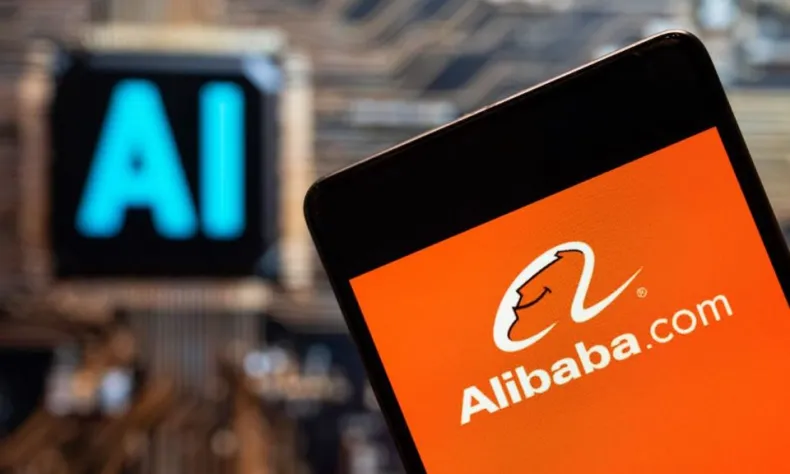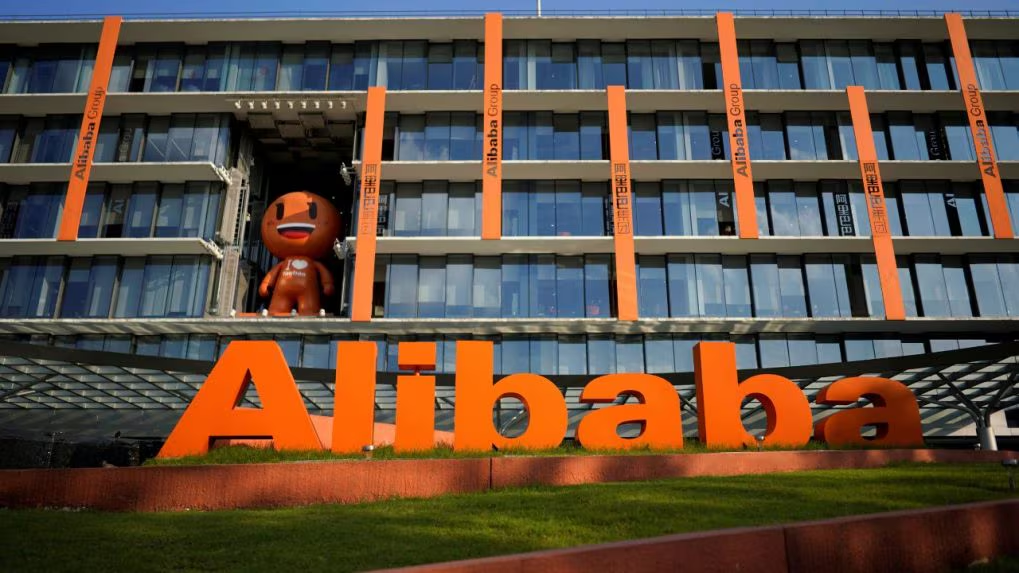China’s e-commerce is experiencing a transformative shift as artificial intelligence revolutionizes advertising strategies and consumer engagement. Major technology companies like Alibaba, Tencent, and JD.com are leveraging sophisticated AI-powered advertising tools to drive unprecedented growth in online shopping, fundamentally changing how brands connect with consumers in the world’s largest digital marketplace.
The integration of AI in Chinese advertising represents more than just technological advancement—it’s a complete reimagining of consumer interaction and marketing efficiency. Companies are witnessing remarkable improvements in key performance metrics, with click-through rates soaring from traditional levels of 0.1% for banner ads to nearly 3% through AI-enhanced targeting. This dramatic increase demonstrates the profound impact of machine learning algorithms on consumer behavior and purchasing decisions.
The scope of this transformation extends beyond simple advertising optimization. AI-driven personalization engines are analyzing vast datasets of user behavior, purchase history, and real-time interactions to create highly targeted shopping experiences. These systems continuously learn and adapt, ensuring that consumers receive increasingly relevant product recommendations and marketing messages. The result is a more engaging, efficient, and profitable digital ecosystem that benefits both merchants and shoppers.
As China’s digital economy continues to evolve, the successful implementation of AI advertising technologies is setting new global standards for e-commerce innovation. The measurable results—including significant increases in conversion rates, average order values, and customer retention—are attracting international attention and inspiring similar implementations worldwide.
AI-Powered Advertising Performance Metrics
The quantifiable impact of AI advertising in China reveals impressive performance improvements across multiple platforms. Tencent’s AI-enhanced advertising system has achieved click-through rates approaching 3%, representing a substantial improvement over traditional digital advertising methods. This enhancement stems from sophisticated algorithms that analyze user behavior patterns and optimize ad placement in real-time.
JD.com reported a 15.7% increase in marketing revenues, reaching 22.2 billion yuan, with significant contributions from AI technologies. The company’s advertising research and development team utilizes large language models to boost ad conversion rates and accelerate revenue growth. Their AI tools enable merchants to manage complex advertising campaigns through simple commands, democratizing access to advanced marketing capabilities.
Personalization and Consumer Engagement

Alibaba’s AI-powered recommendation engine exemplifies the transformative potential of artificial intelligence in e-commerce personalization. The system analyzes browsing history, past purchases, search queries, and social interactions to predict customer preferences with remarkable accuracy. This comprehensive approach has resulted in conversion rate increases of 35% and average order value growth of 20%.
The recommendation engine extends beyond simple product suggestions, incorporating computer vision technology to recommend visually similar items and integrating personalized experiences across multiple touchpoints. WeChat’s ecosystem, with over 1.4 billion monthly active users, serves as a primary platform for AI-enhanced consumer engagement.
Industry Innovation and Market Leadership
Alibaba has emerged as China’s leading AI champion in the technology sector, comparable to Google or Meta’s position in the United States. The company’s models consistently rank among the top five trending models on Hugging Face, demonstrating their technical sophistication and market relevance.
The success of AI-driven marketing campaigns extends beyond traditional e-commerce applications. Alibaba’s travel platform Fliggy, launched AI-generated poster campaigns in Shanghai and Hangzhou subways, while McDonald’s utilized AI to reimagine its products as traditional Chinese artifacts, achieving over 900,000 views.

